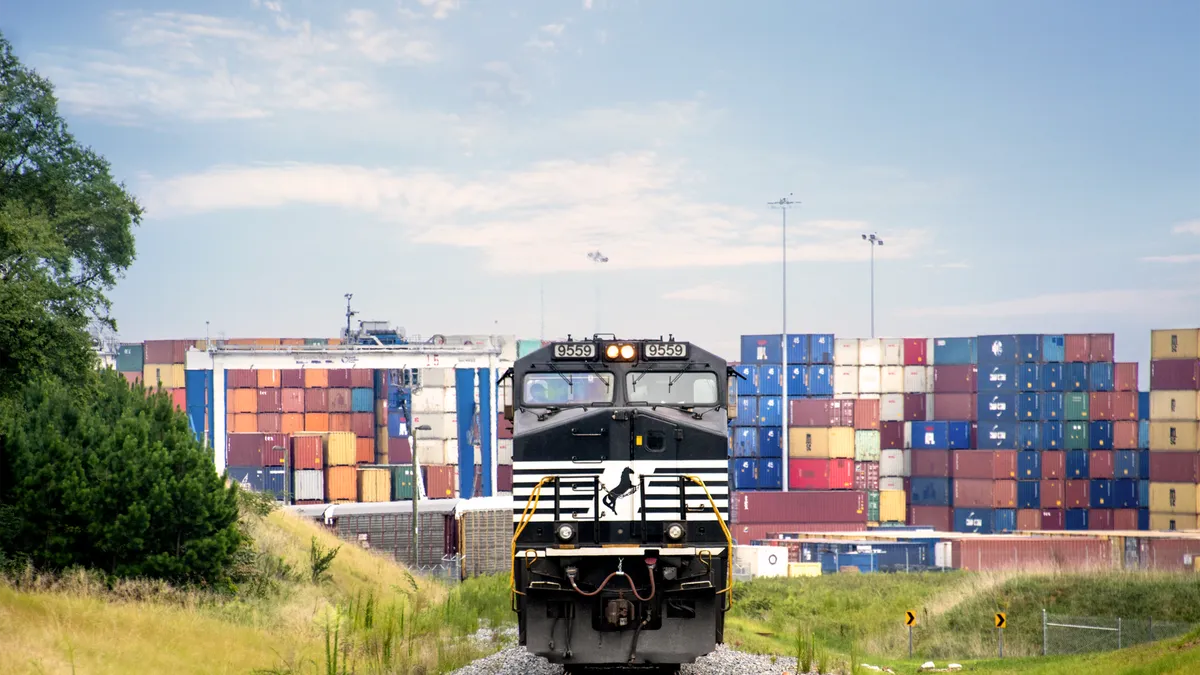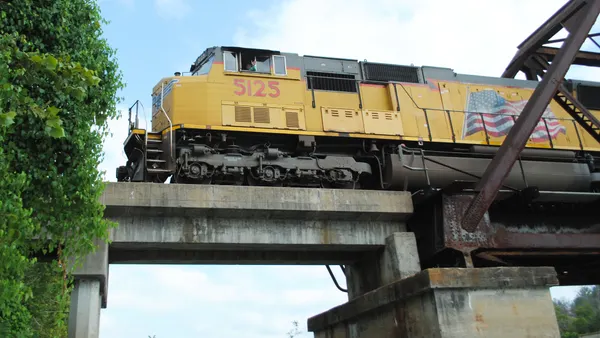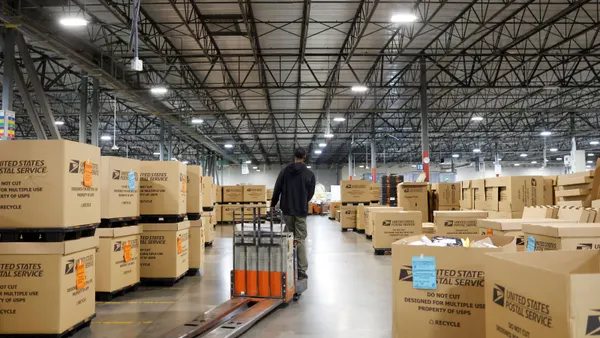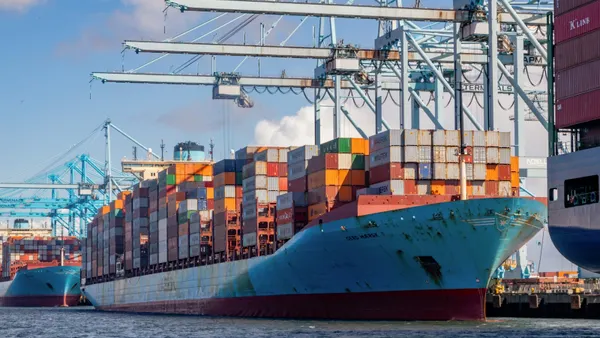Eric. R. Byer is the president and CEO of the Alliance for Chemical Distribution. All opinions are the author’s own.
Union Pacific and Norfolk Southern – two of the largest Class I freight railroad companies in the U.S. – recently announced an $85 billion merger that would connect 50,000 miles of railroad to create a transcontinental track. While this type of merger has been the holy grail for the rail industry for some time, another phrase comes to mind for those who rely on freight rail: failing upwards.
The concept is simple: Rewarding poor performance with greater power. And that’s exactly what the Surface Transportation Board will be doing if it approves this merger.
Freight rail is already highly concentrated. Further consolidation of the industry would expand the market power and profit margins of fewer carriers to the detriment of their customers.
As one of the largest customers of freight rail in both volume and revenue, the chemical industry relies on the transport mode to deliver the chemical products essential to Americans’ everyday lives. In the wake of devastating train derailments and labor challenges over the last few years, the Alliance for Chemical Distribution hoped now would be a moment for meaningful reform.
Unfortunately, businesses that depend on freight rail have been forced to accept poor service, disruptions, higher prices and a significant reduction in the skilled workforce. To date, the rail industry has done little to appease customer concerns or enhance services to meet needs or grow rail traffic volumes.
Unreliable service at ever-increasing prices seems to be the freight rail industry’s playbook. Delays across the system, coupled with poor customer service, continue to reign supreme and put small shippers at a distinct disadvantage.
Many rail customers are already held captive to a single railroad. Results from the ACD’s bi-annual rail survey underscore the monopolistic nature of the current rail system. According to the survey findings, 45.2% of member companies only have access to one rail carrier. Meanwhile, more than 57% of ACD members reported that railroads were unable to adhere to their own scheduled delivery dates, disrupting customer supply chains and business planning.
ACD member companies are subject to year-over-year price increases but do not have the ability to negotiate reasonable price and service terms because of a market power imbalance. Railroads have also begun passing the buck on insurance responsibilities, expecting small shippers to bear the expense of unreasonable insurance requirements and accept immense liability to move their products — despite the railroads’ control over the train operations.
A merger of this size would only exacerbate existing problems.
Supply chain businesses aren’t run by fools. Although a transcontinental railroad sounds appealing, railroads continue to fail even the lowest of service standards. The promise that a deal will allow for smoother, more efficient shipments of goods across the country is a smoke screen for what’s really happening: Railroads have run out of options to grow their business by offering efficient and innovative service and competing for traffic volumes. Instead of making efforts to improve service for their existing customers, railroads continually prioritize the bottom line and shareholder returns by increasing prices on their monopoly traffic.
Why should the STB approve more freight railroad mega-mergers based on the track record of this already highly concentrated industry? The answer is simple: It shouldn’t.
The STB should uphold its high bar of merger review rules, which require merging railroads to prove a transaction would serve the “public interest” and enhance competition. Given the failed promises that past mergers would “improve the service” for rail customers, this Union Pacific-Norfolk Southern merger is unlikely to meet either of these standards.
The public’s interest is at stake. The consequences are real, and we should not allow freight railroads to continue to fail upwards. Businesses deserve better, and we must demand better.














